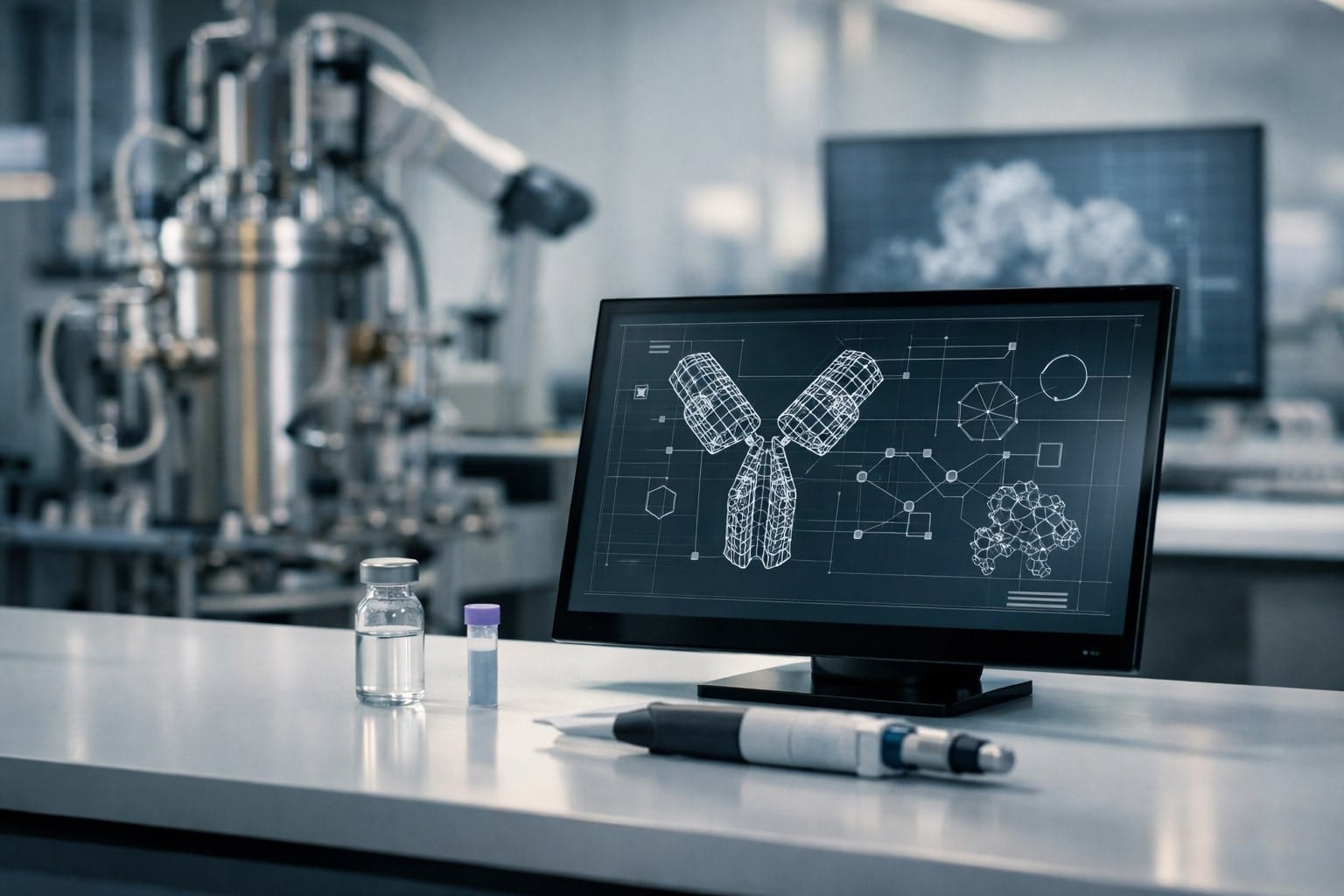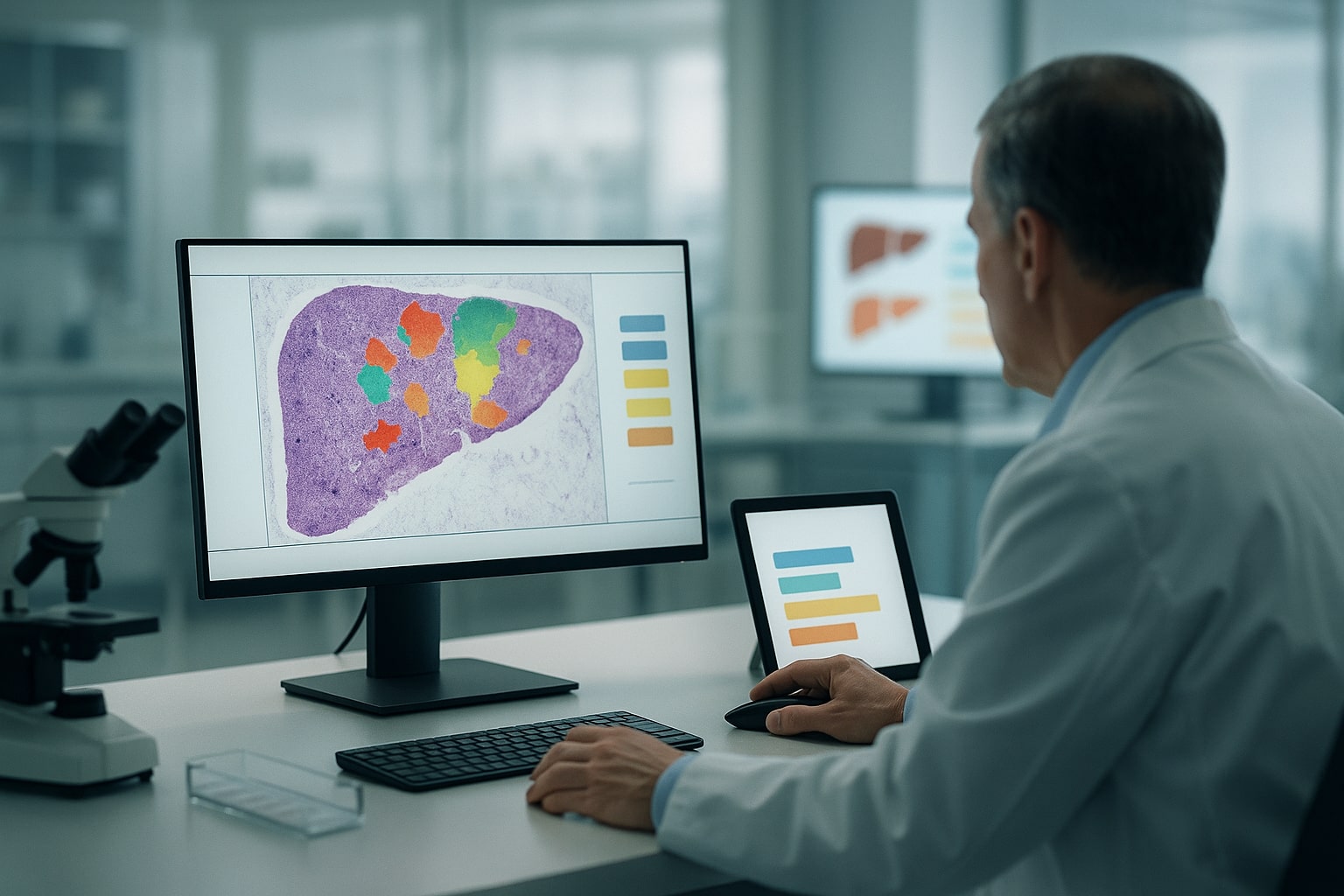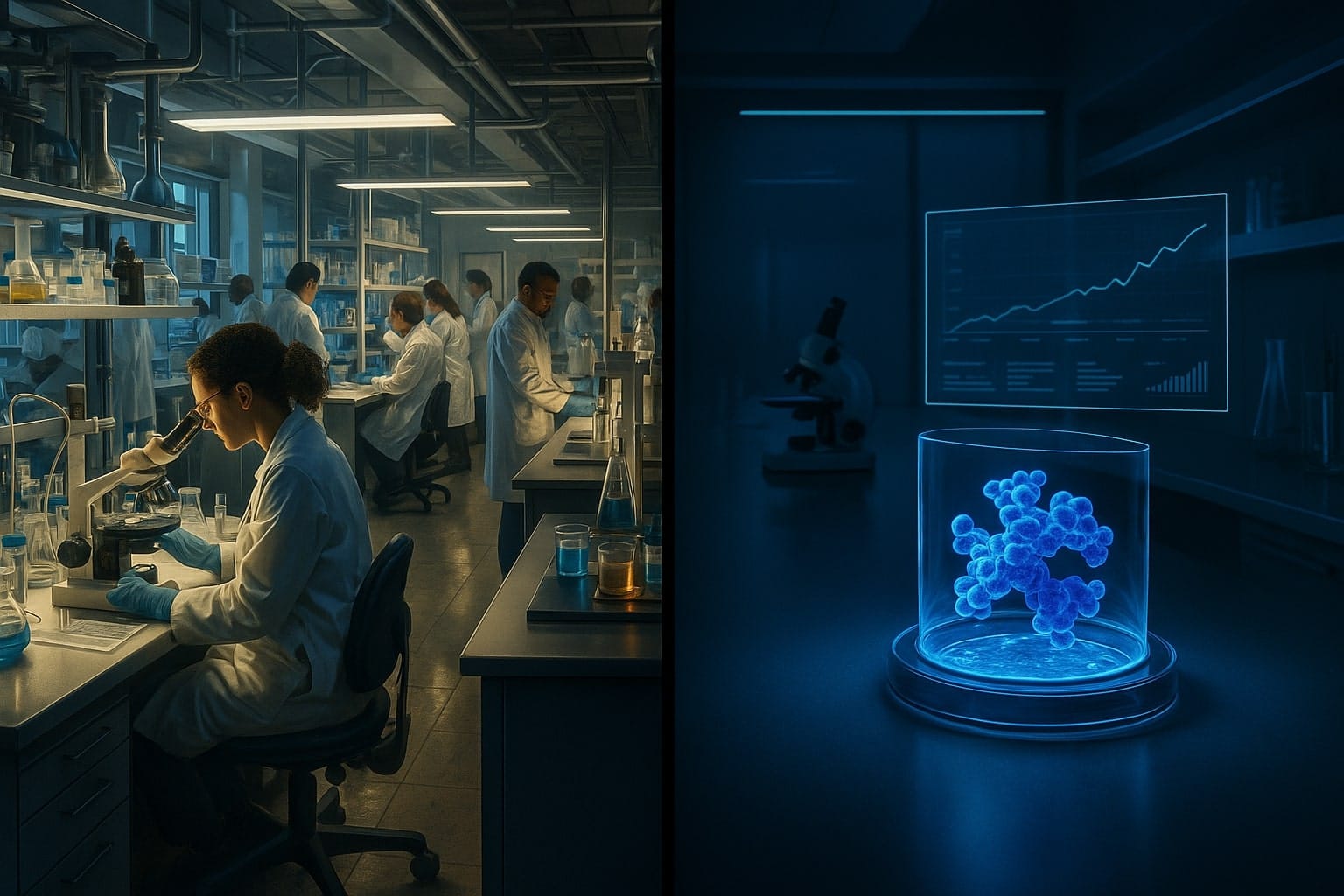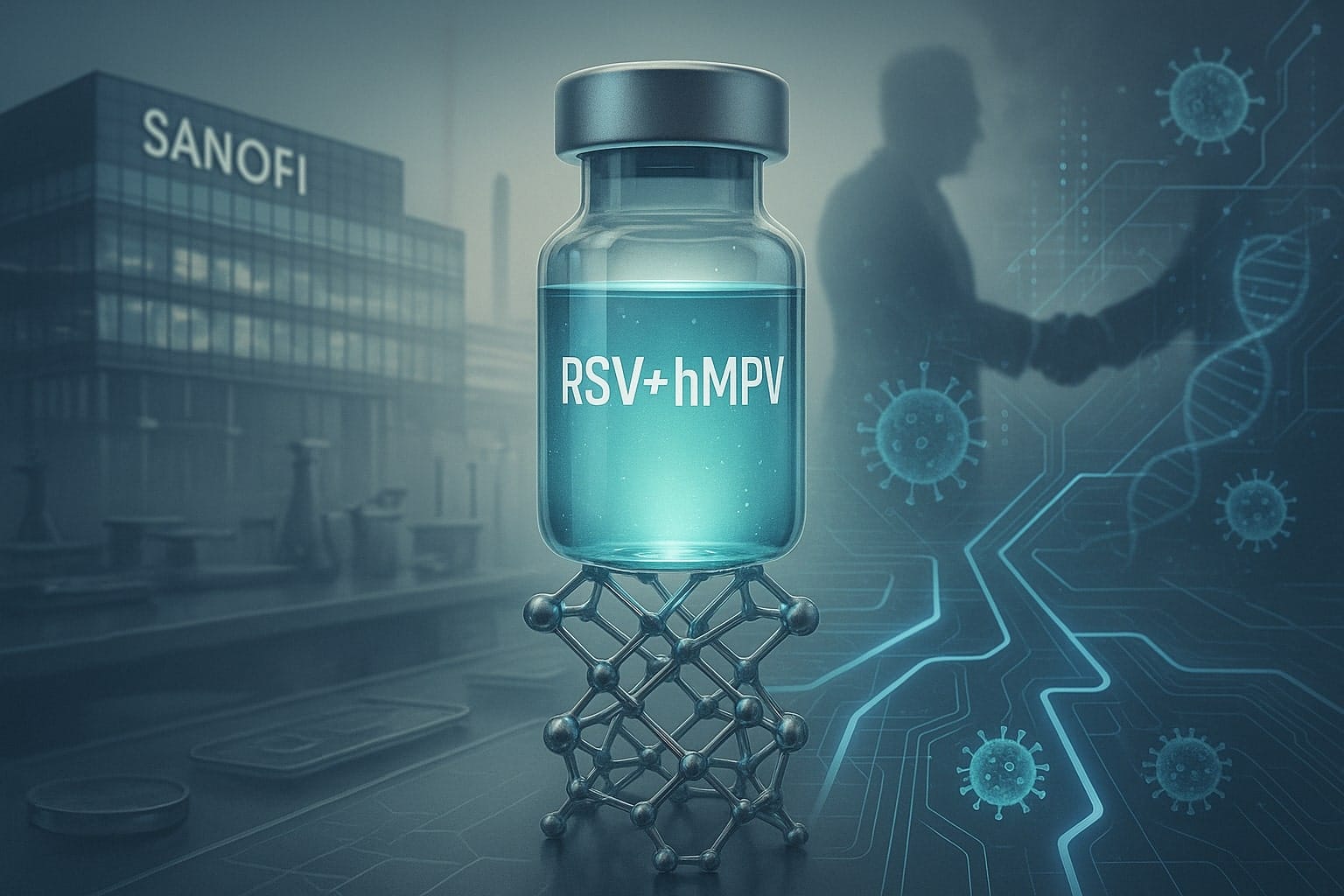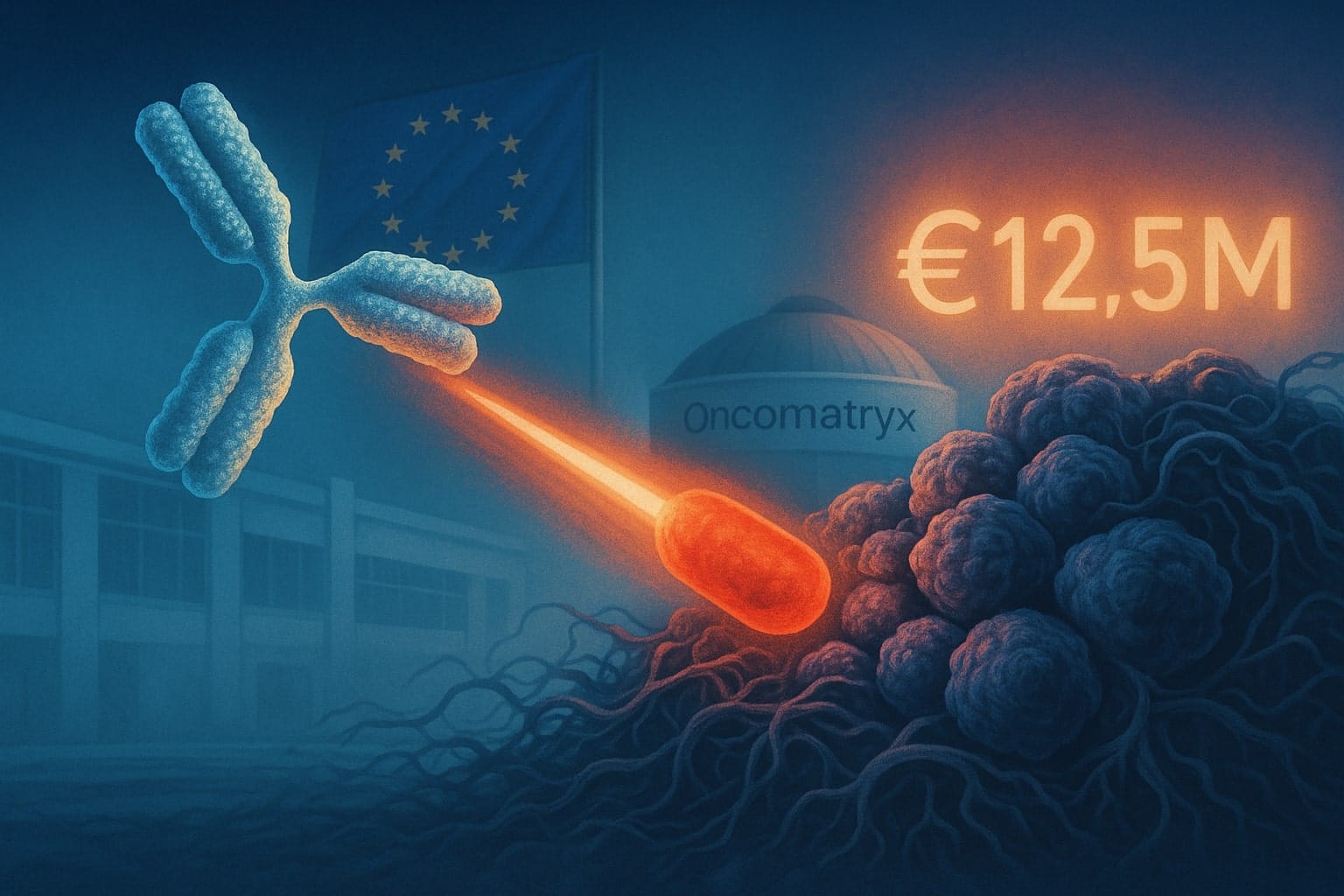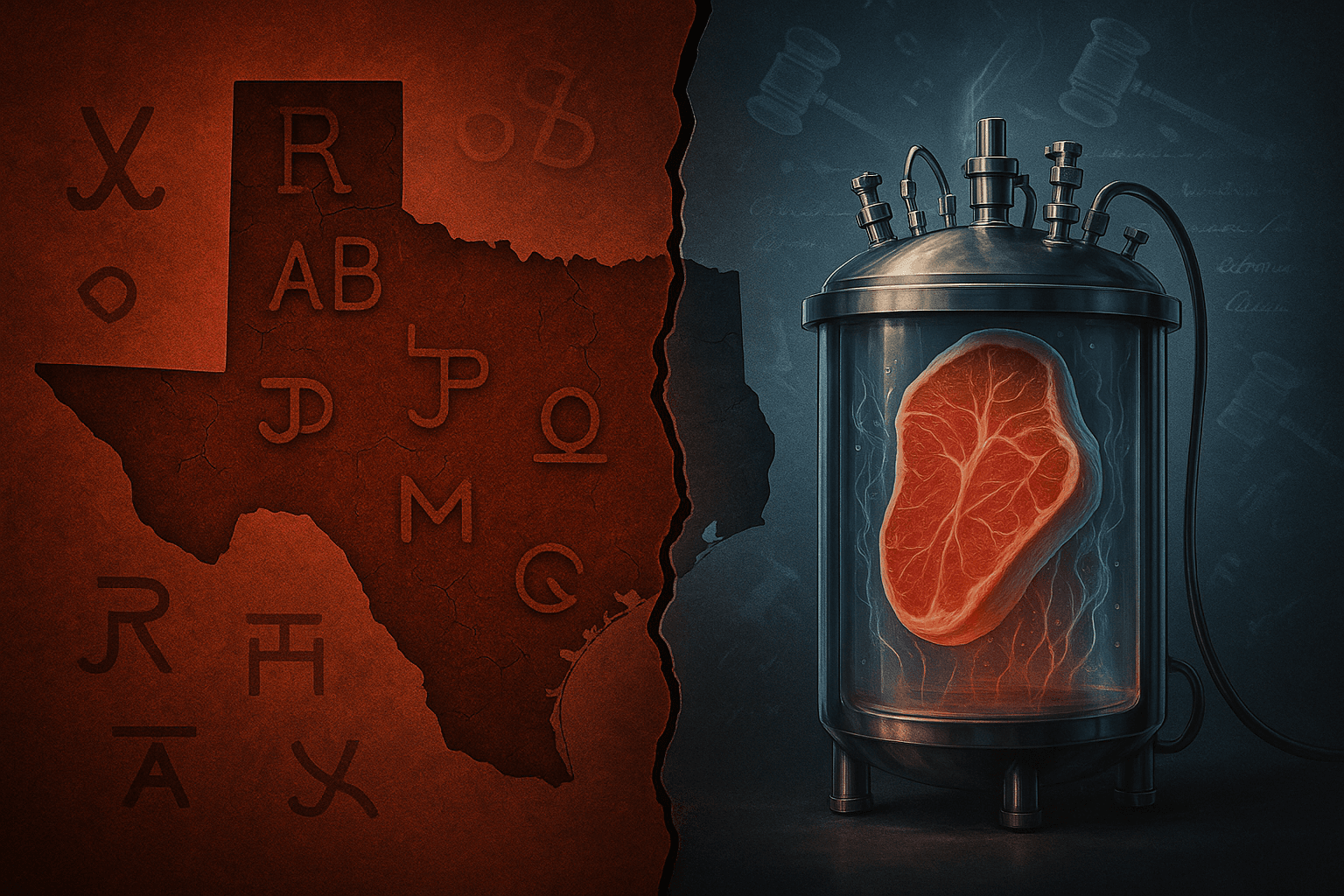The field of cancer treatment is on the cusp of a breakthrough with Myricx Bio’s innovative approach to antibody-drug conjugates (ADCs). These novel therapies promise to significantly enhance the effectiveness of cancer treatment by precisely targeting cancer cells while sparing healthy tissues.
Myricx Bio, a UK-based biotech firm, is making headlines with its pioneering development of a new class of ADC payloads. These payloads are based on N-Myristoyltransferase inhibitors (NMTi), which have shown remarkable efficacy in preclinical trials against several solid tumors.
Table of Contents
ToggleBackground on ADCs and NMTi
ADCs Overview: Antibody-drug conjugates (ADCs) represent a cutting-edge class of therapeutics designed to deliver potent cytotoxic drugs directly to cancer cells. By linking a monoclonal antibody specific to cancer cell antigens with a cytotoxic agent, ADCs can target and kill cancer cells with high precision, minimizing damage to healthy cells.
NMTi Mechanism: N-Myristoyltransferase inhibitors (NMTi) are a novel type of ADC payload. NMT is an enzyme that adds a myristoyl group to proteins, a modification crucial for the survival of cancer cells. By inhibiting NMT, these ADCs disrupt essential processes in cancer cells, leading to their death. Additionally, NMTis exhibit dual mechanisms of action, functioning both as cytotoxic agents and senolytics—agents that selectively eliminate senescent cells, which are often implicated in cancer progression and resistance to therapy.
Myricx Bio’s NMTi-ADC Platform
Technology and Innovation: Myricx Bio’s platform leverages potent small molecule NMT inhibitors to create a unique class of ADCs. These ADCs not only target specific cancer cell antigens but also exploit the vulnerability of cancer cells to NMT inhibition. This dual-targeting mechanism enhances the selectivity and potency of the treatment, offering significant advantages over traditional ADCs.
Key Players: The scientific efforts behind Myricx Bio’s advancements are led by notable researchers including Professor Ed Tate and Professor Jesús Gil. Their collaborative work has been instrumental in demonstrating the efficacy and potential of NMTi-based therapies.
In preclinical studies, Myricx Bio has reported impressive results with three NMTi-ADCs: B7-H3-NMTi, TROP2-NMTi, and HER2-NMTi. Each has shown complete and durable tumor regressions in models of aggressive prostate cancer, breast cancer, and HER2-positive cancers, respectively. These promising results were presented at the 14th Annual World ADC Conference in San Diego, highlighting the potential of this innovative approach to revolutionize cancer treatment.
Myricx Bio’s most advanced ADC, MYX2449, has demonstrated potent anti-tumor efficacy in both in vitro and in vivo models of gastric and breast cancers. This ADC combines a selective NMTi with trastuzumab (a HER2-targeting antibody), achieving significant tumor shrinkage and excellent tolerability in preclinical models.

Preclinical Study Results
Study Design: Myricx Bio’s preclinical studies focused on their novel N-Myristoyltransferase inhibitor (NMTi) payloads for antibody-drug conjugates (ADCs). These studies were designed to evaluate the efficacy and safety of their NMTi-ADCs across various solid tumor models. The primary targets included three clinically validated tumor-associated antigens: B7-H3, TROP2, and HER2.
Findings: The preclinical results were highly promising:
- B7-H3-NMTi: Demonstrated complete and durable tumor regressions in aggressive prostate cancer models that were refractory to other ADCs. Initial toxicology studies in non-human primates showed encouraging results.
- TROP2-NMTi: Showed complete tumor regressions in breast cancer models, even in large and established tumors that had previous exposure to other ADC therapies.
- HER2-NMTi: Exhibited complete efficacy and an encouraging safety profile in both rodent and non-human primate models. This ADC also showed potent bystander activity and effectiveness in patient-derived xenograft (PDX) organoid models with varying levels of antigen expression.
Significance: These findings are significant because they validate the potential of NMTi-ADCs as a new class of cancer therapies. The ability to achieve complete tumor regressions in difficult-to-treat cancers marks a substantial advancement over existing therapies. The dual mechanism of action, combining cytotoxicity and senolytic effects, provides a promising strategy for inducing deeper and more durable tumor responses.
Future Directions and Implications
Clinical Trials: Building on the success of their preclinical studies, Myricx Bio is preparing to advance their NMTi-ADC candidates into clinical trials. These trials will further evaluate the safety, tolerability, and efficacy of their ADCs in human patients. The company aims to address significant unmet needs in oncology, particularly in cancers that have shown resistance to existing treatments.
Potential Impact: The introduction of NMTi-ADCs could revolutionize cancer treatment by offering a highly targeted and effective therapy option. The dual targeting mechanism not only enhances cancer cell specificity but also helps in eliminating senescent cells that contribute to tumor growth and resistance. This approach holds the potential to improve outcomes for patients with hard-to-treat solid tumors, offering hope for more durable and comprehensive cancer therapies.
Latest Developments
Myricx Bio recently announced the closing of a £90m ($114m) Series A financing round to advance its NMTi-ADC therapeutics into clinical development. The round was co-led by Novo Holdings and Abingworth, with additional investments from British Patient Capital, Cancer Research Horizons, and Eli Lilly. This funding will support the development of Myricx Bio’s proprietary NMTi-ADC payload platform and its pipeline of NMTi-ADCs through clinical proof of concept.




